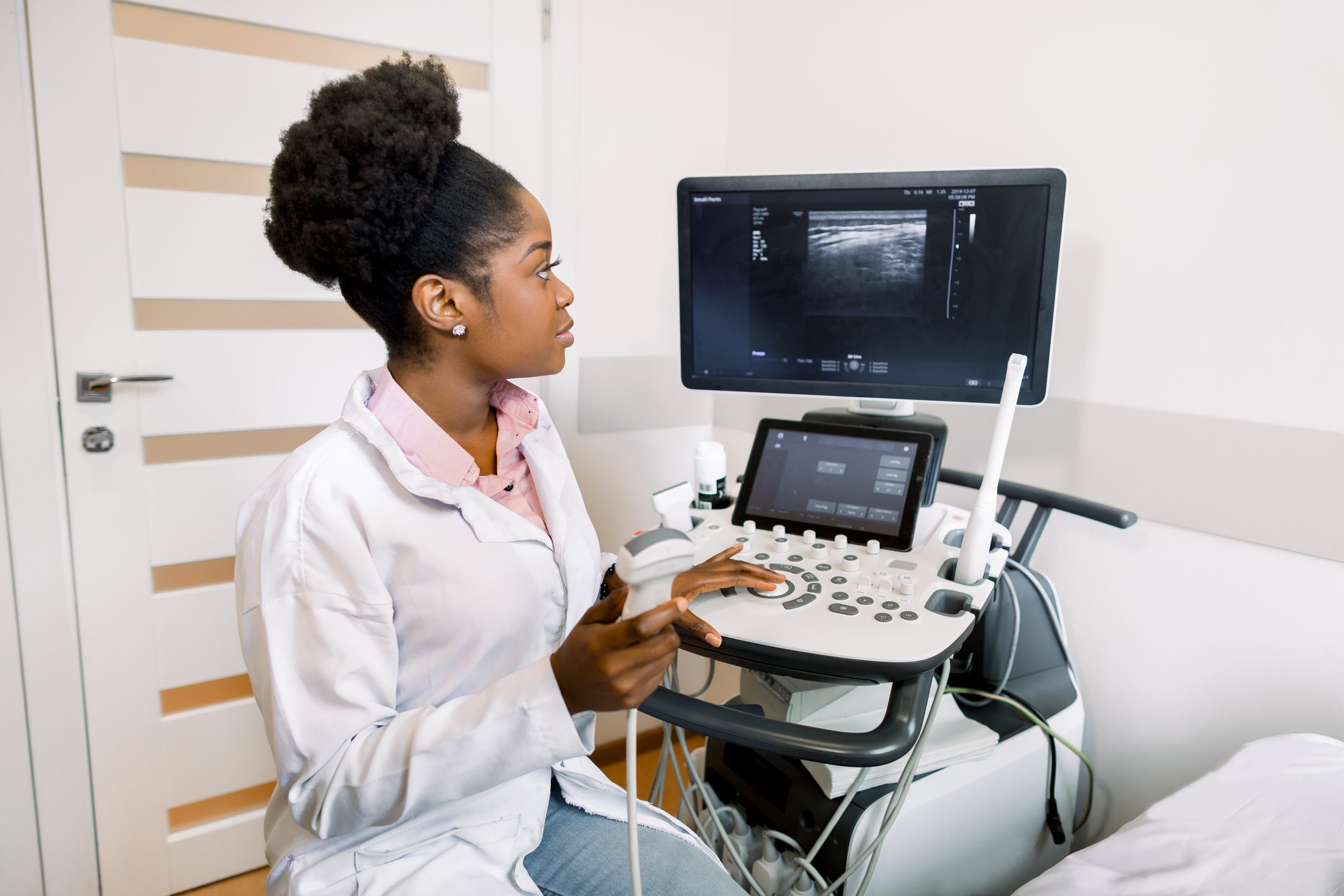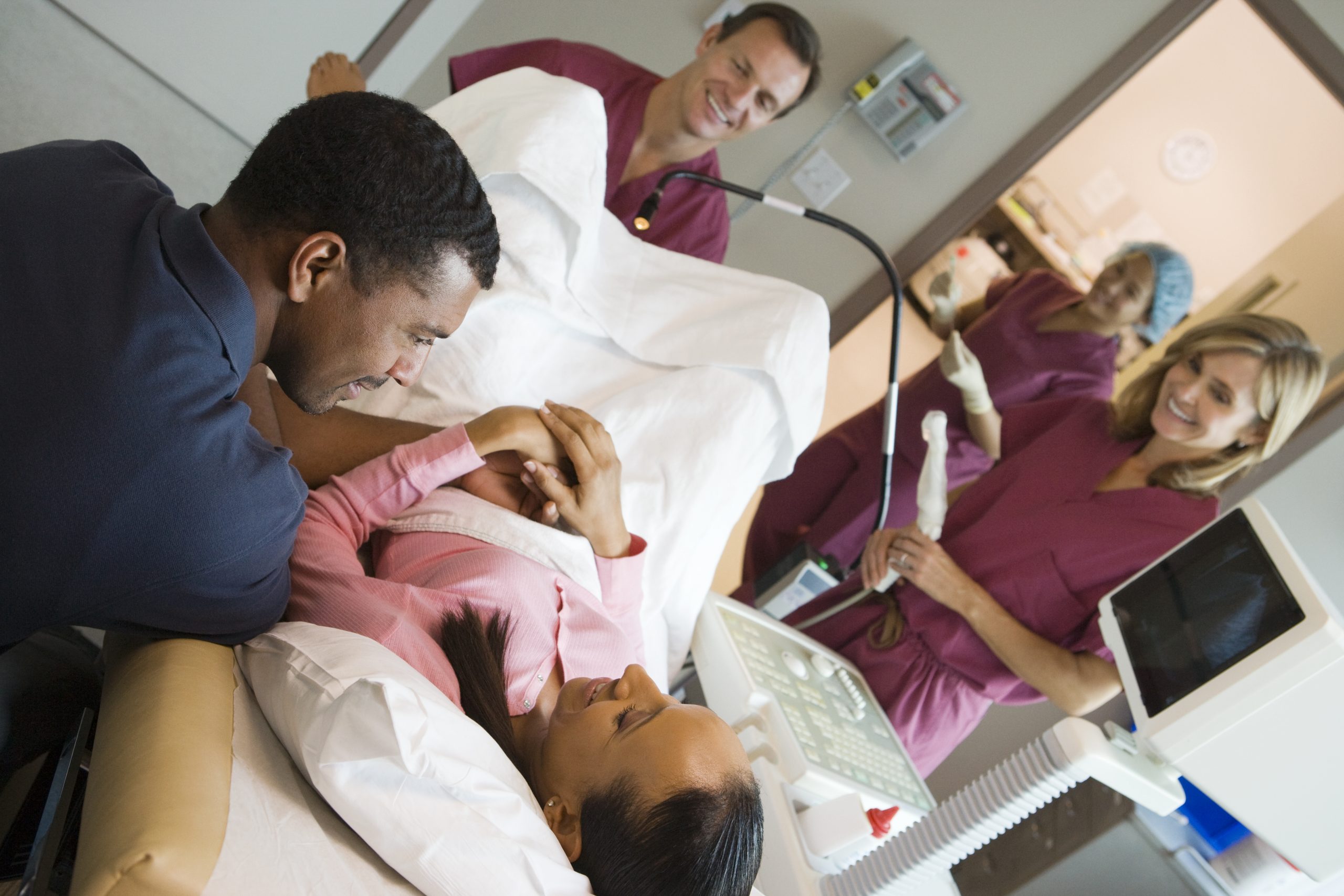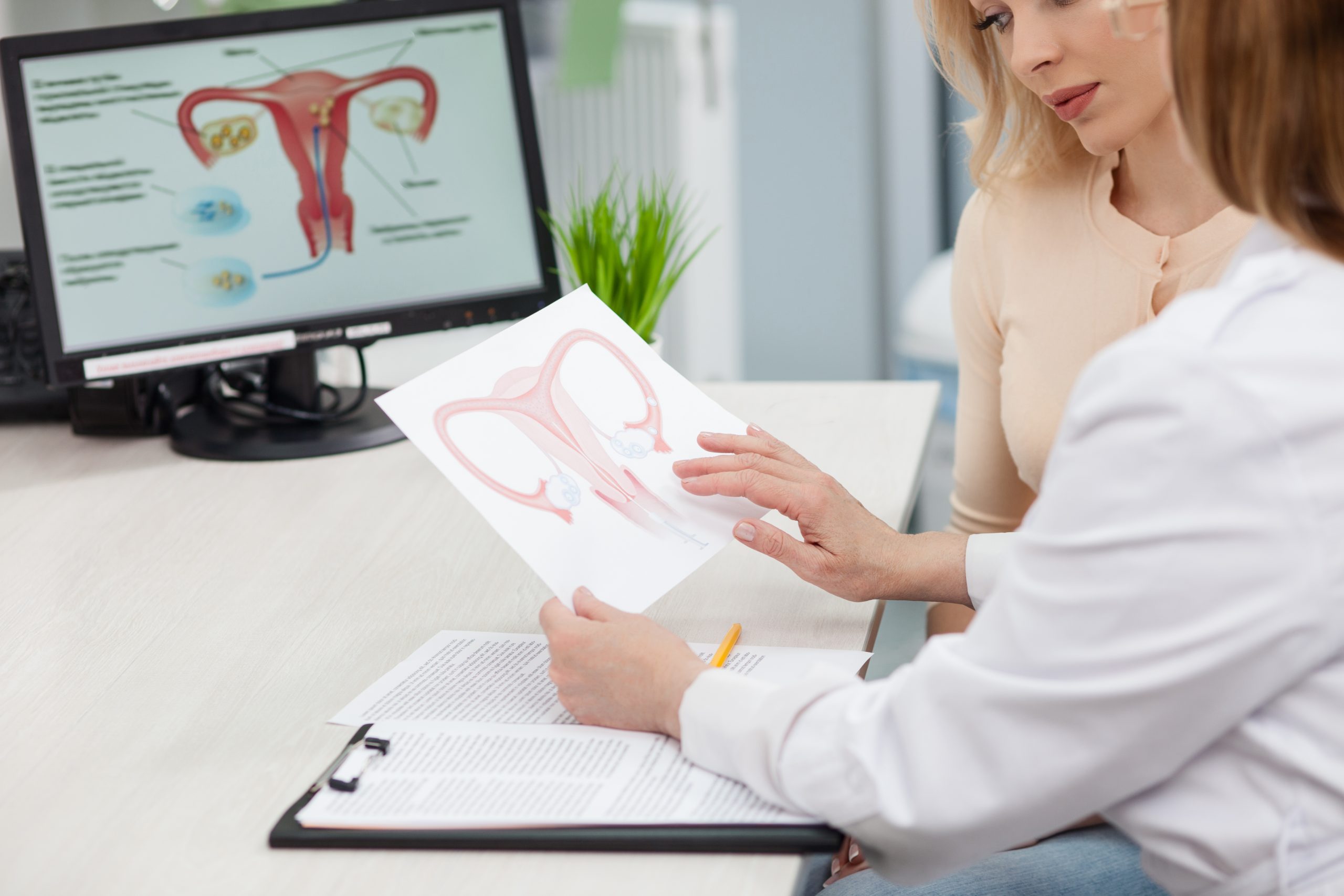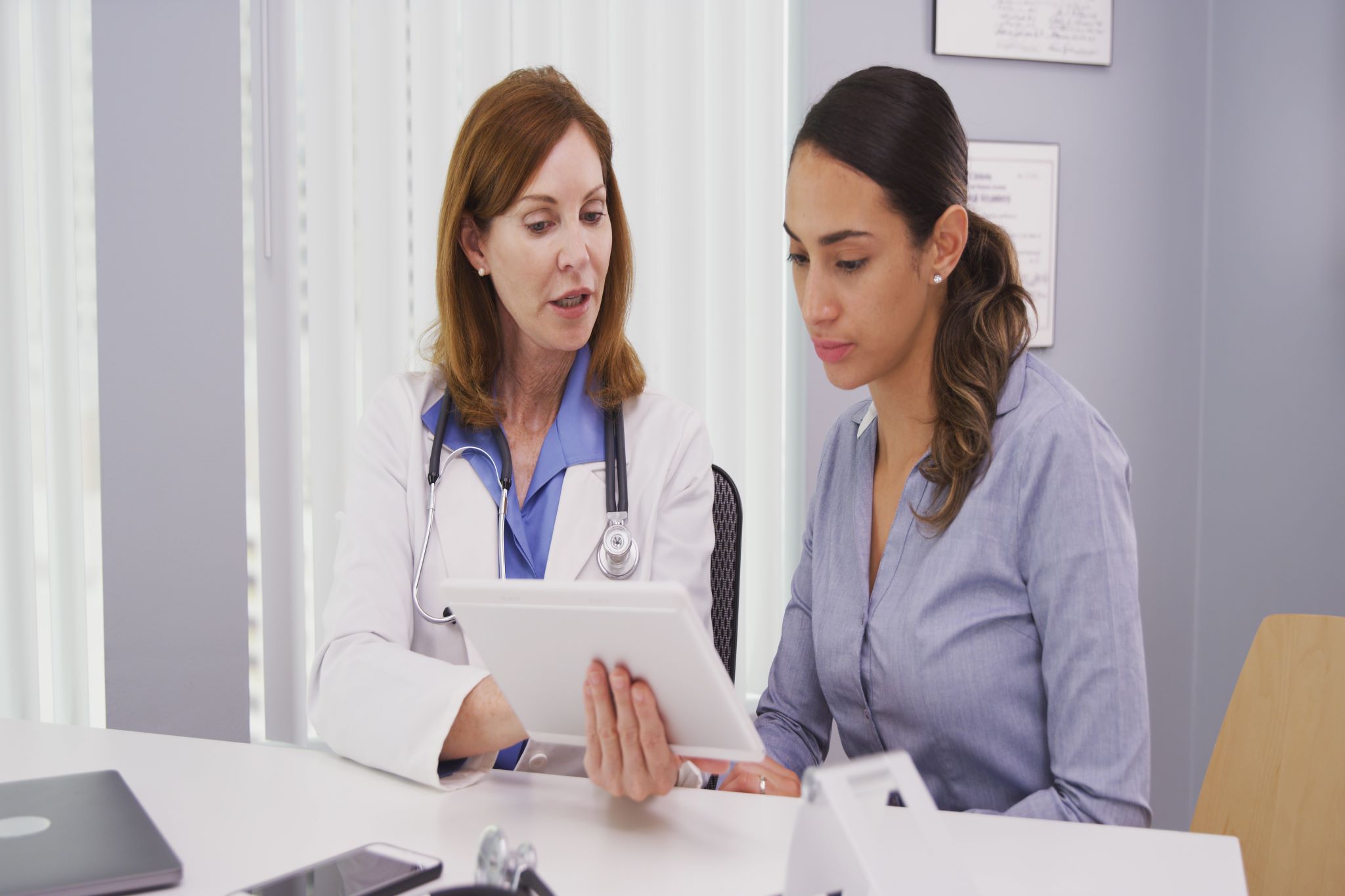Fertility checks and tests1, 2
Before you start IVF, it’s important to check if it’s physically the right course of action for both you and your partner. This usually starts with a visit to your GP
At the GP
Your GP will ask you a series of questions about your medical, sexual and social history. You may be uncomfortable or embarrassed by these types of questions, but it’s important to answer openly and honestly. The answers you give will help determine your next course of action, and if further tests may be necessary. Ideally, it is good to have your partner with you at this meeting.
You can find a more detailed guide to the sorts of questions and examinations your GP might do on the NHS Choices website.
Initial fertility tests for women
Some of these can by done at your GP, while others may require a trip to your local hospital or fertility clinic. These can include:
- – A cervical smear test if you haven’t had one recently
- – A urine test for chlamydia, a common, treatable infection which could be blocking your fallopian tubes and thereby stopping you from becoming pregnant
- – Blood tests to:
- Check if you are ovulating (these are usually taken seven days before your period is due)
- Measure any hormone imbalances and check for early menopause
- Check for German measles (Rubella) which could harm an unborn baby
- – An ultrasound scan to look at your womb and ovaries
- – Hysterosalpingo-contrast sonography (HyCoSy), a more detailed ultrasound scan involving a vaginal ultrasound probe to check the fallopian tubes for blockages or follow the development of a follicle to see if an egg is developing
- – Hysterosalpingogram – an x-ray to check your fallopian tubes
- – Laparoscopy – an operation to check for any blockages in the fallopian tubes or other problems with your reproductive organs
- – Hysteroscopy – a procedure which involves using a telescope with a camera attached to view your uterine cavity to check for conditions such as fibroids or polyps
- – Very occasionally, a small tissue sample (biopsy) may be taken to assess the lining of your womb
What happens next?
If results are normal for both partners, some lifestyle changes may be recommended to help you conceive naturally. If not, or if you fit other criteria for IVF treatment such as length of time trying to conceive, you may be referred to a fertility clinic.
Choosing a clinic
The HFEA (Human Fertilisation & Embryology Authority) has this handy guide to help you choose a fertility clinic, if this is applicable to you.
Preparing for IVF
Once you’ve had an appointment with a fertility specialist and they’ve recommended in vitro fertilisation (IVF) for you and your partner, you’ll be introduced to a whole new world of appointments, scans, treatments. For a heads up on what to expect, check out some FAQs.
References:
UK-RMMH-2100024 | Date of preparation: June 2021











